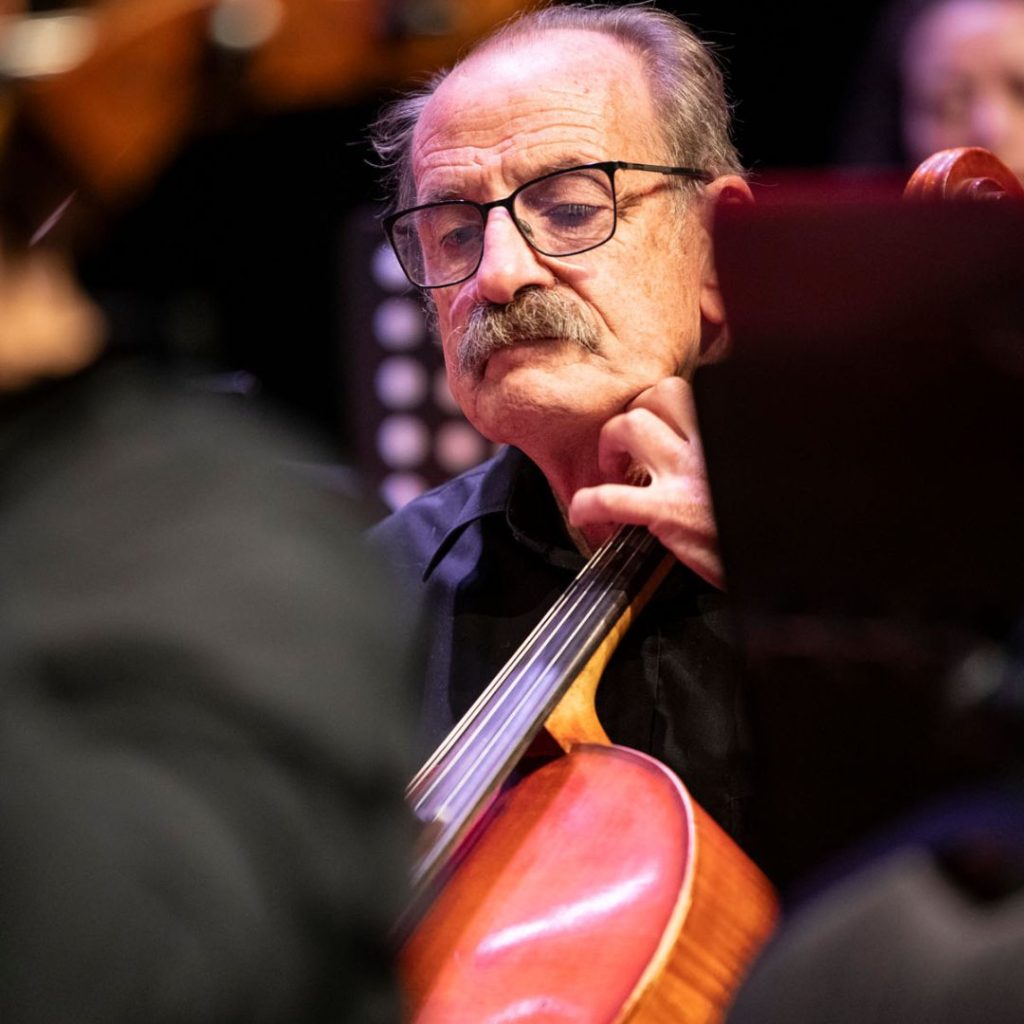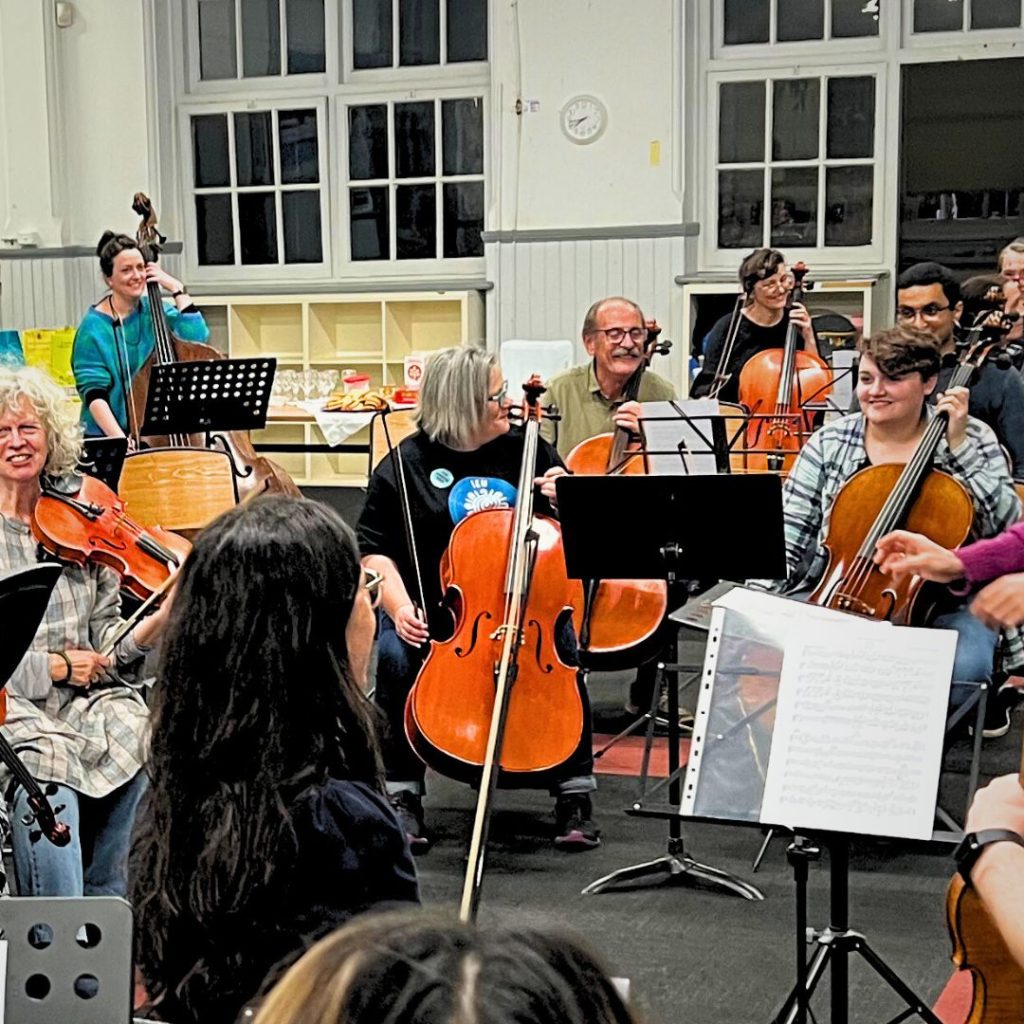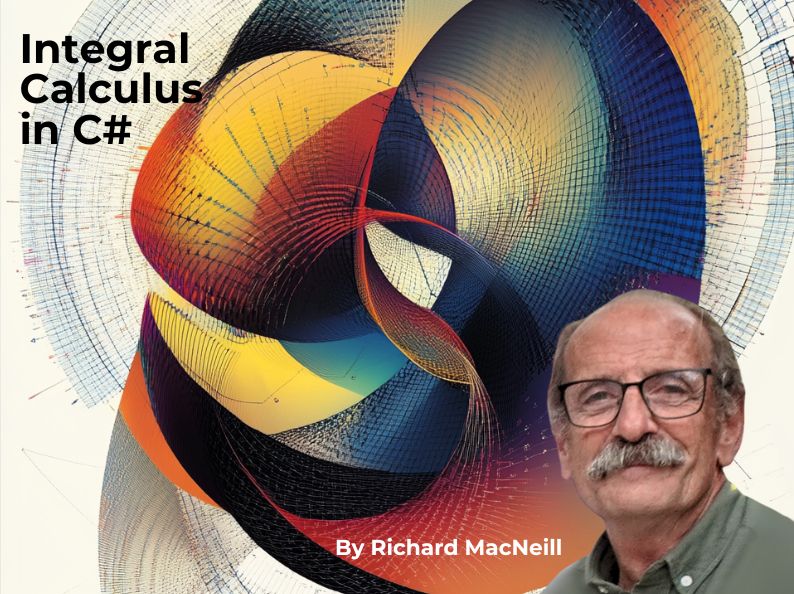To reassure the reader, the phrase integral calculus will not reappear in the following paragraphs. I mention it mainly to get your attention, but also to evoke a hesitant curiosity drawn from a passing familiarity with the concept that is completely overshadowed by raw panic.
Sound familiar?
As I sit shielded by my cello in the lights of the stage, a looming darkness beyond filled with faces, some of whom are familiar and may well call me to account, for some reason this phrase comes to mind.
The reason becomes clear as I scan the first page of the score and, in the glare of the light and the flicker of polished wood and glistening brass, the densely packed notes become for a panicked instant indistinguishable from the algebra that I so learned to fear.
There is, though, another more arcane and personal reason.
One moment integrates with many to form a curve of change that opens a world of possibilities.

I have become resigned to the Orchestra’s habit of taking on the wildly ambitious; perhaps succumbing to the Stockholm Syndrome, I have grown to appreciate it. From the time I joined the orchestra, each rehearsal became a new threshold. Becoming familiar with the novel and technically capable with the new were stages marked by gradations of success and frustration.
With time (but never enough) these stages have merged into not so much a curve as a rollercoaster. I have become a hesitant but moving point on its trajectory, a part of something indefinable within an orchestra of many parts and dimensions. As I passed from the novelty of an enthusiastic truck-horn brass section by my right shoulder to a reliance on its timing, as I grew from bafflement to appreciation and occasional exhilaration tempered by the odd wildly random note, I had begun to enter something more universal.
Eliot at his gloomiest may speak of “a raid on the inarticulate / With shabby equipment always deteriorating”, and who am I to differ. After three decades, during which my cello gathered dust, I began again from first principles and drew on my own background to make sense of the novelty and instability of the experience. Perhaps it was the abruptness of my introduction to the orchestra that made me come to appreciate the range of background, experience and skill in the musicians, each on their own particular curve.

And such a range.
Gifted youth seemingly brought down with the recent rain. Others whose skill and stability make me feel young. A brashness that confronts and an open-heartedness that reassures that every shortcoming is temporary. There is much to be said for receiving advice from someone less than half my age and with twice as much facility, offered with a tact and matter-of-factness that makes me feel at once a middle-aged duffer and a fellow musician.
Perhaps it comes from reading too much old-school poetry, but I was searching for some sonorous phrase that would help explain the satisfaction and the unexpected depth of the experience of playing within a complex mix of musicians and music.
I found something and then abandoned it as a bit pretentious. But then, like the orchestra, I found I was missing something without it, so this, while pretentious, is it:
In the occasional shipwreck of life, music is the lifeboat that bears you safely to shore.
By Richard MacNeill

